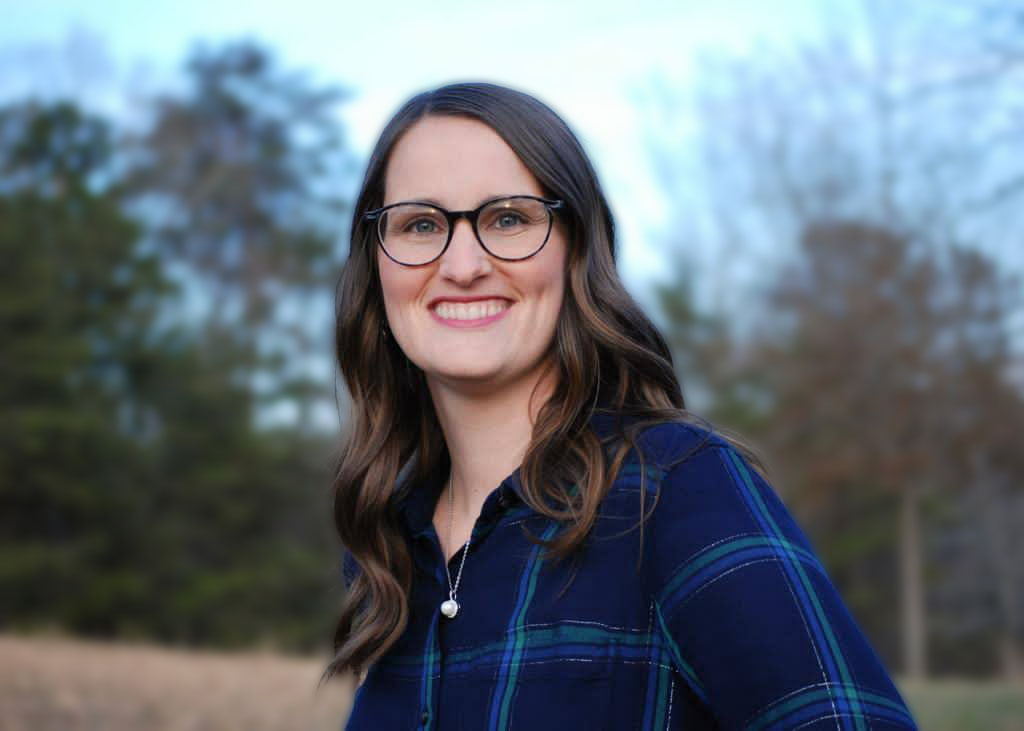April 25, 2025. By Christina Sorensen.

As a young mom with 4 kids, I chose to homeschool. We only had 1 car which my
husband needed for work and we moved frequently. Homeschooling provided a way to
keep continuity with my children’s education and not need consistent access to
transportation. This meant that my children needed to accompany me wherever I went. I
got a mixed bag of reactions from people in public, sometimes kind, but often comments
and looks that made me feel like me and my entourage weren’t welcome.
Becoming a parent comes with huge shifts in roles and routines. Dr. Vivek Murthy,
the U.S. surgeon general, recently highlighted parental mental health in a recent
statement. He brought to light the increased risk of mental health challenges for parents.
Many parents are aware of these challenges prior to having their first child, and yet they
gladly make room in their lives for their new responsibilities and the hope that the love of a
child will broaden their perspectives, enrich their life experiences, and add to the health of
future society. He called for added support for parents in their role.
While changes in life are expected with the role-shift, many new parents discover
that children no longer fit in with the “vibe” of their favorite places. This limits their choices
for social interaction to story time at the library, volunteering at their child’s school, or
other kid-centric environments. While these environments are important to parental
networking and information sharing, limiting parents to these interactions limits their
ability to engage in preferred occupations.
As an occupational therapy (OT) student at Winston-Salem State University, I have
learned about occupational justice. Occupations are all the things you need to, want to,
and have to do. OTs shine in providing occupational justice through therapeutic exercise
and activities to ensure access to occupations. When individuals have limited access to
their preferred occupations, mental health suffers. Parents are often left to choose
between their preferred activities and ones that serve the development of their children.
We know “it takes a village to raise a child”, so our ‘village’ needs to ensure that children
are welcome, so parents feel they are welcome, too.
Making spaces more child-friendly can be free. We simply need to treat children
and caregivers with kindness. Helping children feel welcome in public will reinforce that
they have a place in society and aid in teaching appropriate public behaviors. Here are
some practical things you can do to make public spaces, more child and parent-friendly:
- Avoid pointing out that a parent “has their hands full.” Instead, encourage the
effort they are making to get out and about.
- Praise a child when you see them exhibiting appropriate behavior in public.
- Hold a door open for a parent with their hands/arms full.
- Remember that children have the same feelings as adults, but they are still
learning how to express them appropriately. Practice patience and trust the
parents are teaching.
- Remember, any public space may have children from time to time. This includes
airplanes. Prepare yourself ahead of time for these interactions.
Parents – you have a responsibility to others in these spaces, too. Be intentional
about teaching appropriate behavior and provide opportunities to practice. Encourage
observation of others and model their behavior accordingly. If your child is using a device,
keep the volume low or provide headphones for them.
Families are the foundational unit of society. If we don’t provide opportunities to
interact with the public, parents will suffer, and children will not learn how to behave
appropriately. Let’s make public spaces and attitudes more family-friendly so parents can
be effective in raising their children.
Christina Sorensen
2024-25 AHEC Schweitzer Fellow
WSSU Occupational Therapy, Class of 2025
